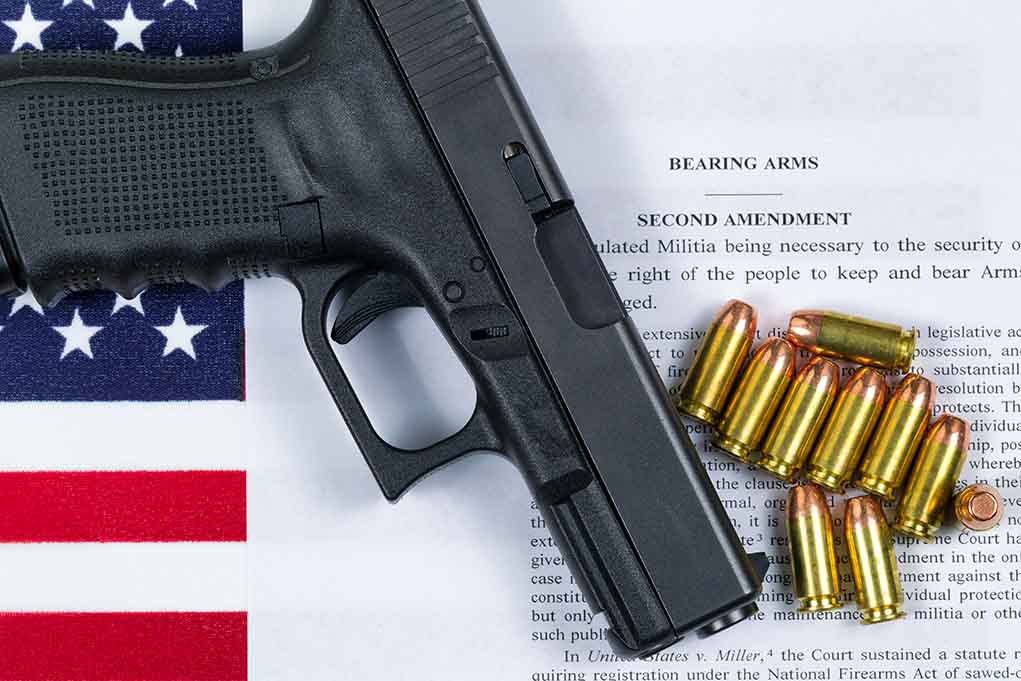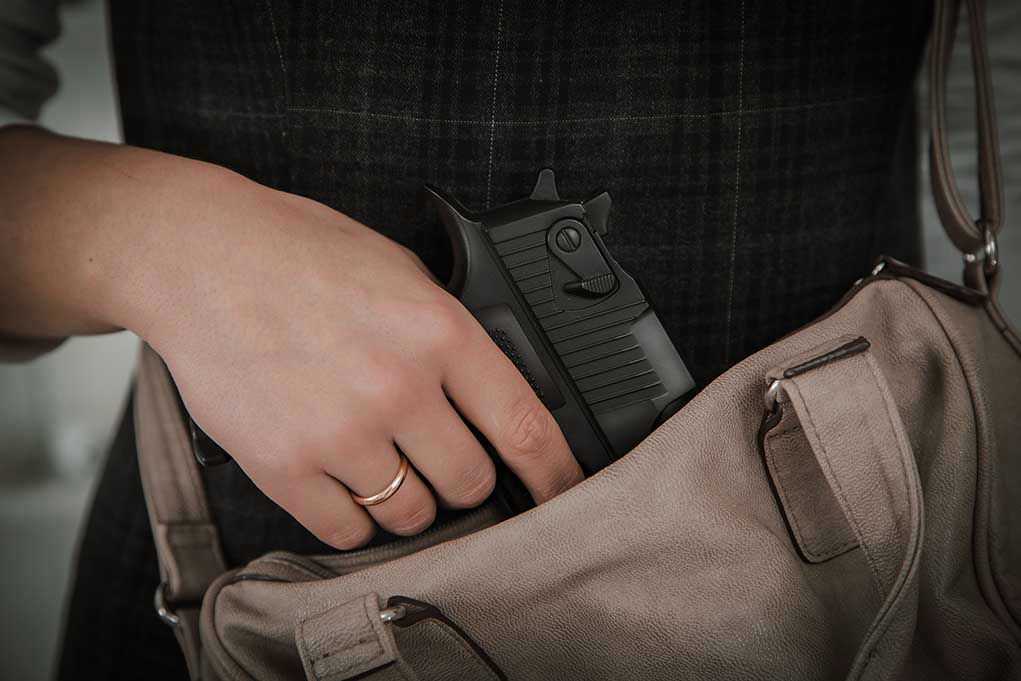
An Ohio federal judge’s ruling denies Second Amendment rights to an undocumented immigrant charged with firearm possession, setting a precedent that could impact gun ownership debates nationwide.
At a Glance
- Federal judge rejects Second Amendment argument from undocumented immigrant Carlos Serrano-Restrepo
- Serrano-Restrepo charged with possessing approximately 170 firearms and ammunition
- Judge rules that disarming unlawful immigrants aligns with U.S. firearm regulation history
- Trial set for January 21, 2025, could have significant implications for gun rights and immigration
Judge’s Ruling Upholds Firearm Restrictions for Undocumented Immigrants
In a significant legal decision, a federal judge in Ohio has denied a motion to dismiss firearm possession charges against Carlos Serrano-Restrepo, an undocumented immigrant. The ruling emphasizes that individuals unlawfully present in the United States do not have the right to bear arms under the Second Amendment. Serrano-Restrepo, who has been living in the country for approximately 15 years, faces charges for obtaining numerous firearms under false pretenses, including falsely claiming U.S. citizenship on purchase forms.
The Bureau of Alcohol, Tobacco, Firearms and Explosives (ATF) launched an investigation into Serrano-Restrepo’s activities after discovering he had purchased at least 22 firearms while misrepresenting his citizenship status. This investigation led to a substantial seizure of weapons from his property.
Judge rejects 2nd Amendment argument from illegal immigrant living in Ohio charged over possession of 170 guns https://t.co/3gngxcxxuV pic.twitter.com/d638XaitHX
— New York Post (@nypost) November 25, 2024
Massive Arsenal Seized in ATF Raid
Law enforcement agents executed a search warrant at Serrano-Restrepo’s residence, resulting in the confiscation of an alarming number of weapons. The raid uncovered approximately 170 firearms, tens of thousands of rounds of ammunition, and various smoke and marine markers. The sheer volume of weaponry found in the possession of an undocumented immigrant has raised serious concerns about potential national security risks and the effectiveness of current firearm purchase screening processes.
Explaining his decision not to dismiss the case, the judge wrote, “disarming unlawful immigrants like Mr. Serrano-Restrepo who have not sworn allegiance to the United States comports with the Nation’s history and tradition of firearm regulations.”
The judge’s statement underscores the court’s position that the right to bear arms is intrinsically linked to citizenship and lawful residency status. This interpretation aligns with historical precedents in U.S. firearm regulation and emphasizes the importance of national allegiance in the context of constitutional rights.
Legal Arguments and Implications
Serrano-Restrepo’s defense team attempted to have the charges dismissed by invoking the Second Amendment right to bear arms. However, the judge firmly rejected this argument, stating that the defendant’s undocumented status precluded him from claiming such constitutional protections. The ruling highlights the ongoing debate surrounding the extent of constitutional rights afforded to non-citizens, particularly those without legal status.
The judge’s dismissal of Serrano-Restrepo’s challenge reinforces the notion that constitutional rights, particularly those related to firearm ownership, are not automatically extended to individuals residing in the country unlawfully. This decision may have far-reaching consequences for similar cases across the nation and could influence future legislation regarding gun ownership and immigration policy.
Looking Ahead: Trial and Potential Impact
Serrano-Restrepo’s trial is scheduled for January 21, 2025, and is expected to draw significant attention from both gun rights advocates and immigration reform supporters. The outcome of this case will likely set a precedent for how courts interpret the intersection of Second Amendment rights and immigration status. As the nation grapples with ongoing debates surrounding gun control and immigration reform, this Ohio case serves as a focal point for these complex and often contentious issues.

















